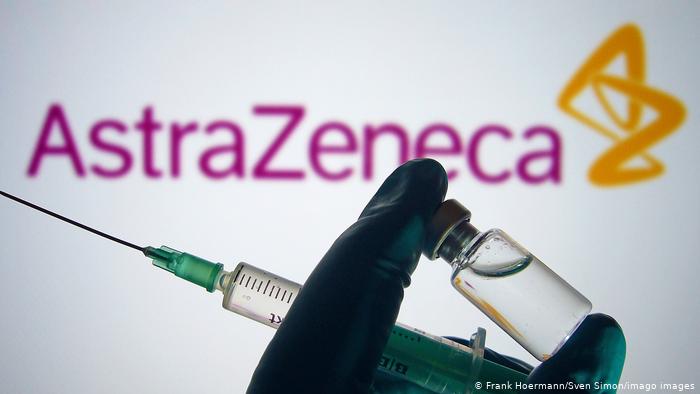
Nerve disorder listed as ‘very rare’ side effect of AstraZeneca jab
Published on September 10, 2021 at 12:00 PM by Face of Malawi
The European Medicines Agency has listed the neurological disorder Guillain-Barre syndrome, which can cause temporary paralysis, as a “very rare” side effect of the AstraZeneca Covid-19 vaccine.
A causal relationship was “considered at least a reasonable possibility”, the EMA said in an update Wednesday after a total of 833 cases of the syndrome had been reported worldwide by July 31, from about 592 million doses of the AstraZeneca “Vaxzevria” shot administered.
“GBS should therefore be added to the product information as a side effect of Vaxzevria,” the Amsterdam-based agency said.
Guillain-Barre Syndrome was a “very rare” side effect, occurring in under one in 10,000 people, it added.
The disorder is a nerve inflammation that may cause temporary paralysis and difficulty breathing.
In the United States, the very rare syndrome affects an estimated 3,000 to 6,000 people each year and most go on to recover.
The EMA recommended that a warning be added to the information on the vaccine that tells people to seek medical attention if they develop weakness and paralysis in the extremities that can progress to the chest and face.
The European drug regulator had in July listed Guillain-Barre syndrome as a “very rare” side effect of the Johnson & Johnson vaccine, which uses the same adenovirus technology as the AstraZeneca jab.
The US Food and Drug Administration also warned in July of an “increased risk” of developing the neurological syndrome with Johnson & Johnson’s dose.
Both regulators stressed that the vaccine’s benefits outweighed the potential risks.


